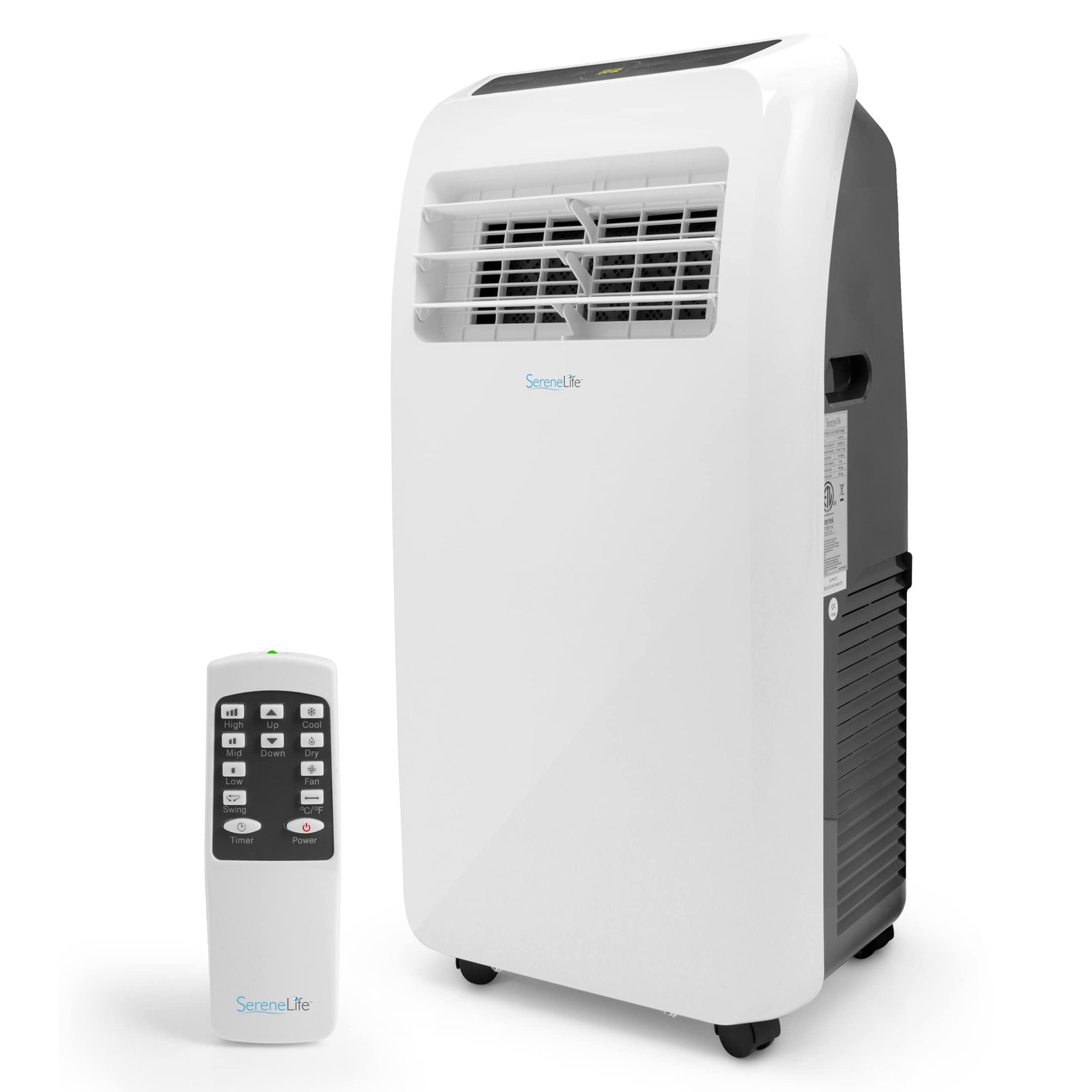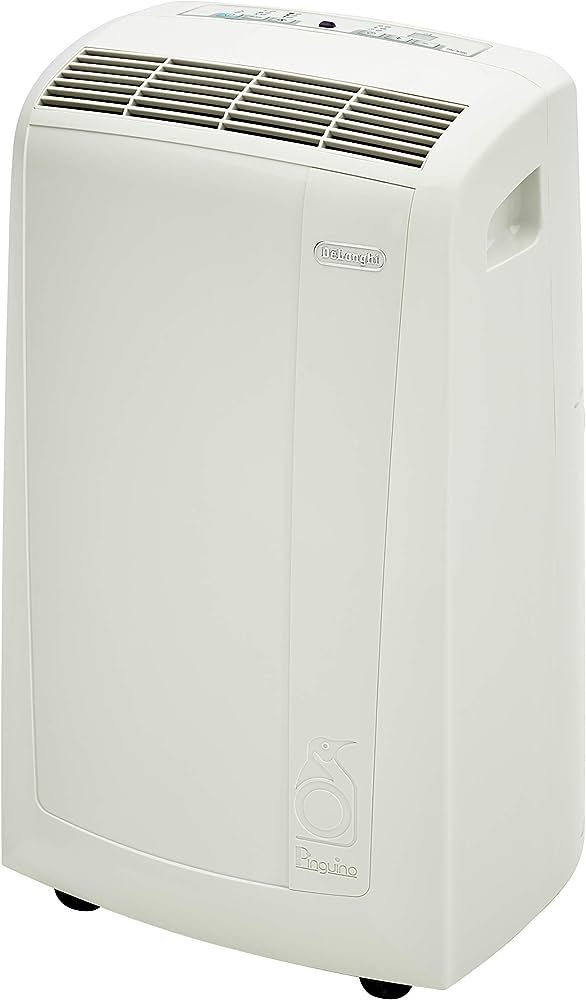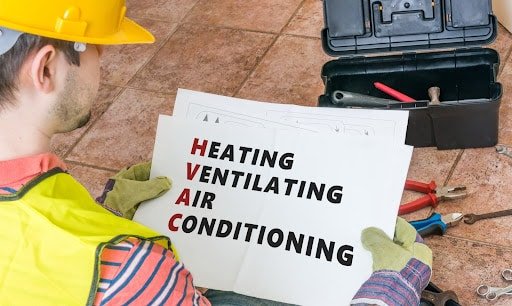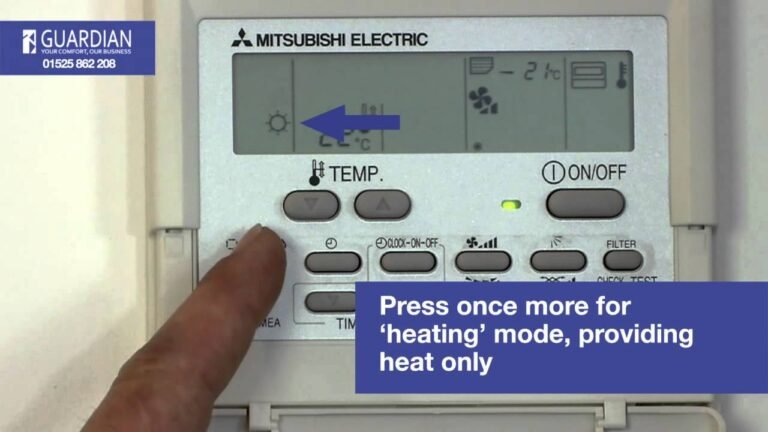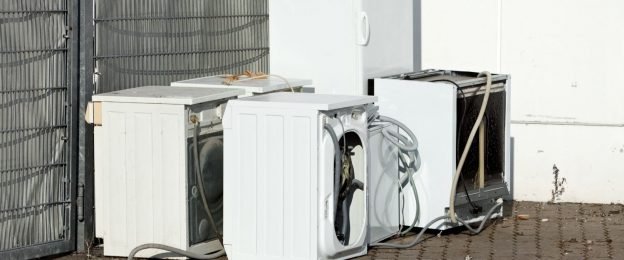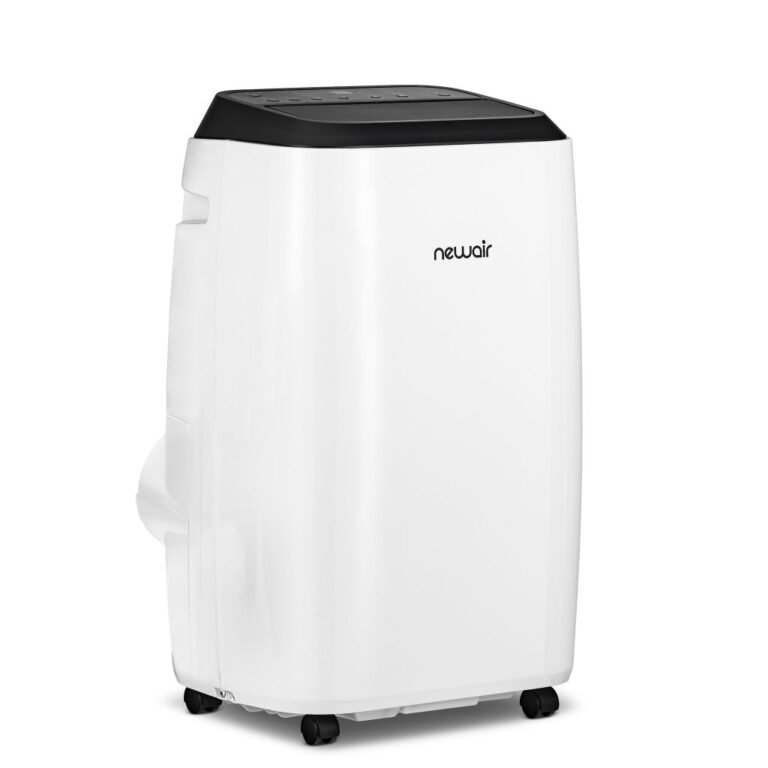Do Air Conditioners Work Better in Humidity? Discover the Truth!
Air conditioners do not work better in humidity because humid air holds more heat, causing the AC system to work harder and consume more energy. As a result, air conditioning systems may struggle to effectively cool indoor spaces on hot and humid days, leading to increased energy costs and potential maintenance issues.
High humidity levels negatively impact AC performance and require frequent repairs. Central air conditioning also works to lower humidity levels to increase cooling efficiency and overall comfort in buildings. While it may take energy to condense water vapor into liquid, improving the efficiency of an air conditioner by utilizing condensate water is not significant enough to make it work better in humid conditions.
The Impact Of Humidity On Air Conditioning Efficiency
|
The Impact of Humidity on Air Conditioning Efficiency Humidity and Its Effect on Air Conditioning Performance How High Humidity Affects Air Conditioner Efficiency Factors That Make Air Conditioners Struggle in Humid Environments Humid air tends to hold more heat, making your indoor air warmer. As a result, your air conditioning system has to work harder to cool down your space, leading to increased energy consumption and higher costs. On hot and humid days, your air conditioner may struggle to effectively cool your household as it expends more energy in removing moisture from the air. Humid environments are more difficult to cool off in because the air cannot absorb more water. Therefore, air conditioners have a harder time cooling the air in high humidity conditions. Consequently, high humidity negatively affects air conditioner performance and may require more frequent repairs. Central air conditioning systems also work to lower humidity levels and increase cooling efficiency, creating a more comfortable environment. |
Does Humidity Increase Energy Consumption Of Air Conditioners?
| Does Humidity Increase Energy Consumption of Air Conditioners? |
| Understanding the Relationship Between Humidity and Energy Consumption |
| Humid air tends to hold more heat, making indoor air warmer. Consequently, air conditioning systems have to work harder, resulting in increased energy consumption and higher energy costs. On hot and humid days, air conditioners may struggle to cool effectively due to the excessive energy required to remove moisture from the air. This phenomenon can make it seem like the air conditioner is not working correctly. Furthermore, humid environments are more difficult to cool off because the air cannot absorb additional moisture. High humidity levels can negatively impact air conditioner performance, leading to increased repairs and reduced efficiency. Central air conditioning systems work to lower humidity levels, making the cooling process more efficient and improving overall comfort in buildings. |
Strategies To Enhance Air Conditioning Efficiency In Humid Environments
Do Air Conditioners Work Better in Humidity? In humid weather conditions, air conditioners tend to work harder. This is because humid air holds more heat, which raises the temperature of indoor air. As a result, air conditioning systems have to consume more energy to cool down the space, leading to increased energy costs. Moreover, high humidity negatively affects the performance of an air conditioner and may even cause it to struggle in effectively cooling the household on hot and humid days. Dry air, on the other hand, is easier to cool and provides a more comfortable environment. To optimize air conditioning efficiency in humid environments, it is important to maintain the system properly and ensure optimal temperature and humidity levels. Regular maintenance, including cleaning filters and coils, will enhance the system’s performance and reduce energy consumption. Additionally, lowering humidity levels can help improve air conditioner efficiency and provide a more comfortable living space.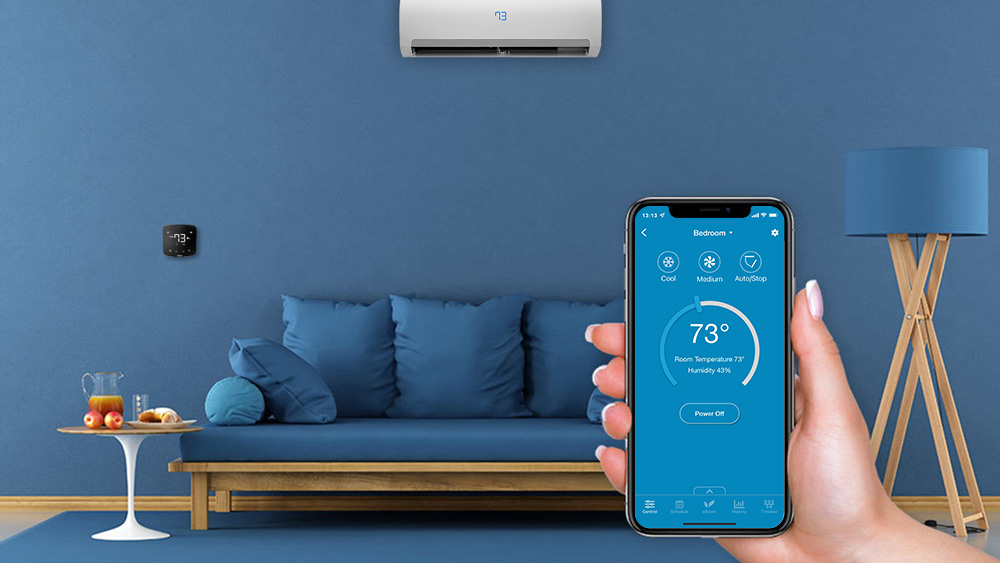
Credit: cielowigle.com
Frequently Asked Questions On Do Air Conditioners Work Better In Humidity
Does Ac Work Better In Humid Weather?
Humid weather makes AC work harder because humid air holds more heat, requiring the AC system to consume more energy. This leads to higher energy costs. Additionally, on very humid days, the AC may struggle to effectively cool the home due to the extra energy needed to remove moisture from the air.
Why Is My Ac Struggling To Cool On A Hot Humid Day?
On hot humid days, ACs struggle to cool because humid air holds more heat, making indoor air warmer. This causes the AC system to work harder, consuming more energy and increasing energy costs. Additionally, on humid days, ACs may spend more energy removing moisture from the air, making it harder to effectively cool down the household.
Is It Easier To Cool Humid Or Dry Air?
Humid air is harder to cool because it can’t absorb more water. Dry air, on the other hand, is easier to cool off.
How Cool Should My House Be If It’S 100 Outside?
In hot, humid weather, your house should be cool enough to provide comfort. However, air conditioners may have to work harder in humidity, consuming more energy and increasing costs. Humid air holds more heat, making the indoor air warmer. So, it’s important to have an AC system that can effectively remove moisture from the air and cool down your household.
Conclusion
Air conditioners do not work better in humidity. Humidity makes the indoor air warmer, causing the air conditioning system to work harder and consume more energy. High humidity levels negatively affect AC performance, leading to frequent repairs and decreased efficiency.
It is easier to cool dry air as it can absorb more water. Therefore, it is important to understand the impact of humidity on your AC unit and take necessary measures to maintain its performance.

